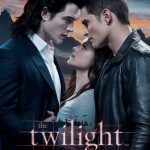Moonfall (2022)
- nguyentruong
- November 23, 2024

Moonfall (2022), directed by Roland Emmerich, is a high-concept disaster film that combines sci-fi spectacle with humanity’s fight for survival. Known for his affinity for large-scale destruction in films like Independence Day and The Day After Tomorrow, Emmerich once again delivers a visual feast of chaos and calamity. Starring Halle Berry, Patrick Wilson, and John Bradley, the film imagines a catastrophic scenario where the moon is knocked off its orbit, threatening life on Earth.
The story begins with a cosmic anomaly: a mysterious force destabilizes the moon, sending it on a collision course with Earth. As tsunamis, gravitational anomalies, and debris wreak havoc across the planet, NASA executive Jocinda “Jo” Fowler (Halle Berry), former astronaut Brian Harper (Patrick Wilson), and conspiracy theorist K.C. Houseman (John Bradley) form an unlikely team to avert the impending apocalypse.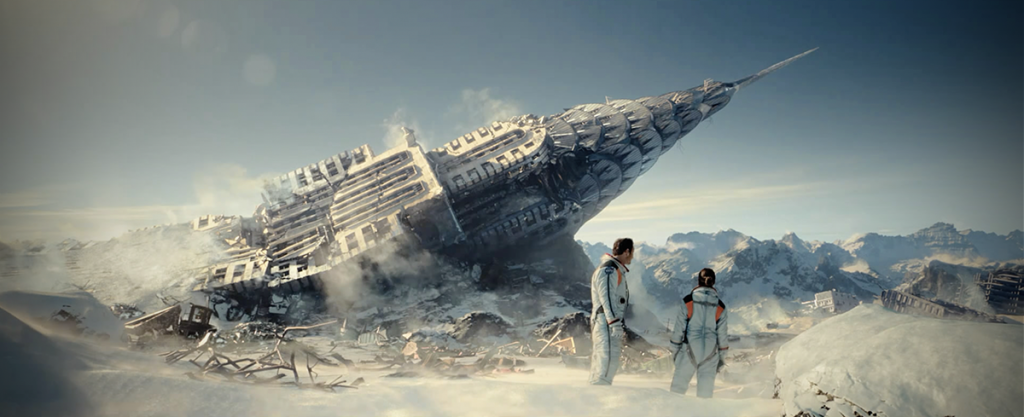
The trio embarks on a perilous mission to space, discovering that the moon is not what it seems. Beneath its surface lies a massive megastructure, constructed by an advanced alien civilization. As the clock ticks down, they uncover secrets about humanity’s origins and face an alien artificial intelligence determined to destroy Earth.
Halle Berry delivers a grounded and commanding performance as Jo Fowler, portraying a leader determined to save the planet despite overwhelming odds. Patrick Wilson, as the disgraced astronaut Brian Harper, brings emotional depth to his character’s redemption arc. John Bradley provides comic relief and heart as the eccentric but brilliant K.C., whose wild theories turn out to be shockingly accurate.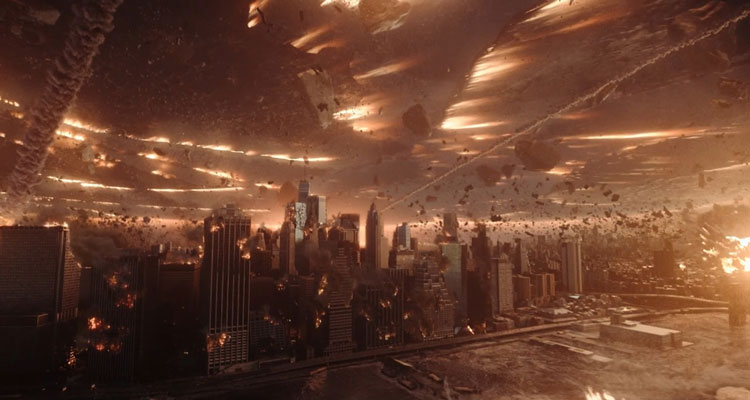
Visually, Moonfall is a spectacle, with Emmerich pulling out all the stops to depict Earth-shattering disasters and breathtaking space sequences. The special effects create awe-inspiring visuals, from colossal tidal waves to gravity-defying landscapes. The depiction of the moon as a technological marvel adds a sense of wonder to the chaos.
While the film excels in its visual presentation, it falters in its storytelling. The plot is packed with convoluted twists and an abundance of scientific liberties that strain believability. The dialogue often leans into melodrama, and the characters’ personal arcs, while earnest, sometimes feel secondary to the spectacle.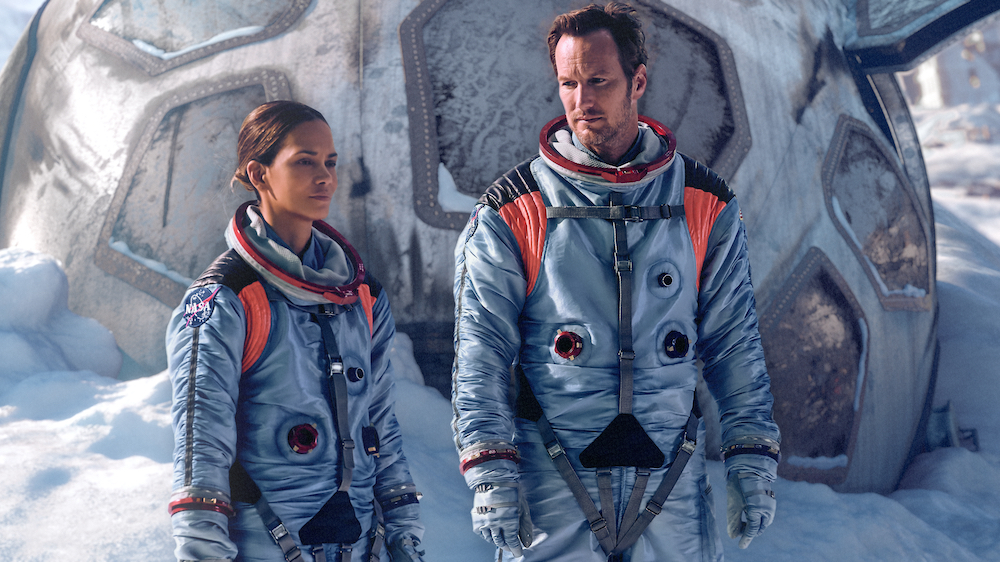
Moonfall explores themes of unity and sacrifice in the face of extinction, as well as humanity’s place in the cosmos. The revelation of ancient civilizations and alien technology adds a speculative dimension, though the film’s ambitious ideas are not always fully developed.
Critics were divided on the film. While some praised its unapologetic embrace of spectacle and fun, others criticized its lack of narrative cohesion and overreliance on CGI. Fans of disaster movies, however, appreciated its relentless pace and over-the-top thrills, making it a polarizing but memorable entry in Emmerich’s body of work.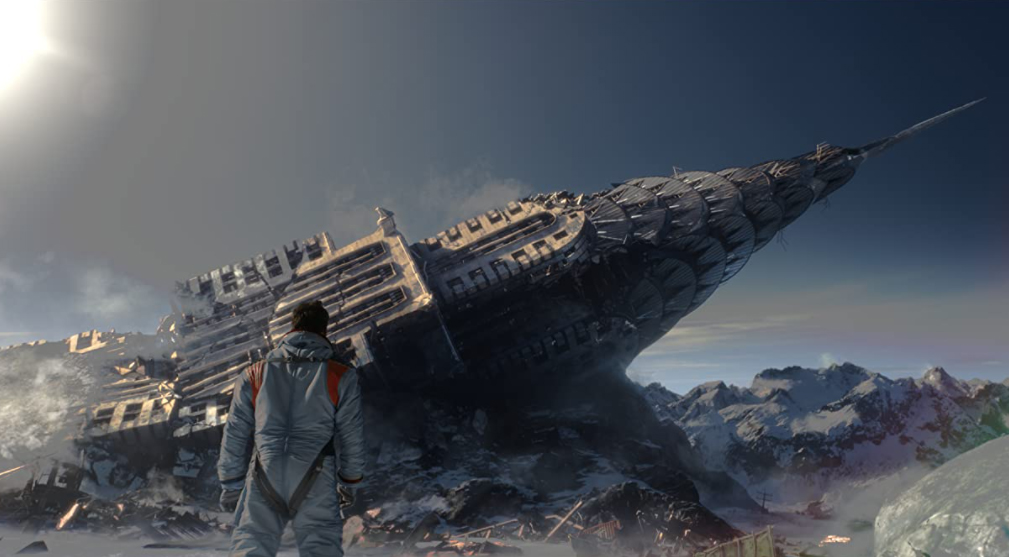
Moonfall is a quintessential Roland Emmerich film: bombastic, visually stunning, and full of grandiose destruction. Though its story may not hold up to scrutiny, its sheer audacity and commitment to entertaining spectacle make it an enjoyable ride for fans of apocalyptic cinema. Whether viewed as a guilty pleasure or a love letter to disaster epics, it leaves an indelible impression.

